We take a look at the major features of this half-century of government:
Hafez al-Assad
Hafez al-Assad, a Ba’ath Party member, served as the 18th president of Syria from March 14, 1971 until his death on June 10, 2000.
"Assad Sr's intelligence and experience played a very big role in the fact that the chaos of governments in Syria stopped for a long period and military coups stopped happening," said Elena Suponina, an international relations and Middle East expert, referring to the string of government overthrows in Syria between 1946 and 1970.
Society
Even the CIA acknowledged in 1978 that al-Assad brought "an unprecedented degree of stability to Syria," a country previously known for its deep divisions and upheavals.
Assad was able to strike an interreligious balance: the Alawites, a Shi’ite group, controlled the army and security forces – while the Sunnis dominated the economy, Alexander Kuznetsov, a political scientist at the Higher School of Economics, told Sputnik.
Syrian peasants received land and political rights and citizens benefited from free universal education and healthcare. Women's rights were secured.
Foreign Policy
Hafez al-Assad maintained close ties with the Soviet Union, drawing hostility from the US. Syria has been designated a "sponsor of terrorism" by Washington since 1979 due to its cooperation with Iran and Lebanon’s Hezbollah.
Economy
Domestically, the Assad government featured a great degree of public ownership, with significant portions of national income, industrial production and means of production under state control. Syria did not depend on food imports and produced its own oil.
In the 1990s, Syria's economy grew by 5-7% annually, the trade balance improved and inflation was kept under control.
© AP Photo / Eugene HoshikoSyria President Bashar al-Assad, center, waves during the opening ceremony of the 19th Asian Games in Hangzhou, China, Saturday, Sept. 23, 2023.

Syria President Bashar al-Assad, center, waves during the opening ceremony of the 19th Asian Games in Hangzhou, China, Saturday, Sept. 23, 2023.
© AP Photo / Eugene Hoshiko
Bashar al-Assad
After Hafez's death, his son Bashar al-Assad began the process of political liberalization known as the Damascus Spring and launched economic reforms.
Political Liberalization and Reforms
In November 2000, more than 600 political opponents were released from prison, and in May 2001 the Pope visited Syria.
"The first years of Assad Jr.'s rule were marked by extraordinary economic growth and openness," Suponina pointed out.
Under Bashar al-Assad, Syria maintained good working relations with France, the UK and Turkiye up until 2010.
"Until 2010, the economy was developing very well; there were investments, and infrastructure was developing," noted Dmitry Bridzhe, a Mideast expert and political observer, adding that Syria's industrial centers in Adra and Aleppo were thriving.
US Sanctions and Regime Change Plots
Despite Bashar al-Assad's reforms and openness to the West, the US continued to impose sanctions on Syria, creating obstacles for the nation's development.
The bottom line was that Washington had planned to topple the Assads – who were close allies of Iran and key members of the ‘Axis of Resistance’ – for decades.
The US and its allies armed and trained Syrian jihadists from 2012 to oust Assad, intensifying sanctions and strangling the Syrian economy at the same time.
Amid US-backed smear campaigns, Assad agreed to eliminate Syria's chemical weapons in 2013 and started reconciliation talks with the opposition in 2015.
"For the last nine years, somehow or other, Assad has ensured at least some stability with the help of Russia and Iran. If it weren't for that, Syria would have continued to suffer a severe civil war with terrible human casualties," Suponina said. "It's good that this scenario was at least postponed. Because now, in my opinion, Syria faces a very dark, unclear future."

 4 months ago
30
4 months ago
30

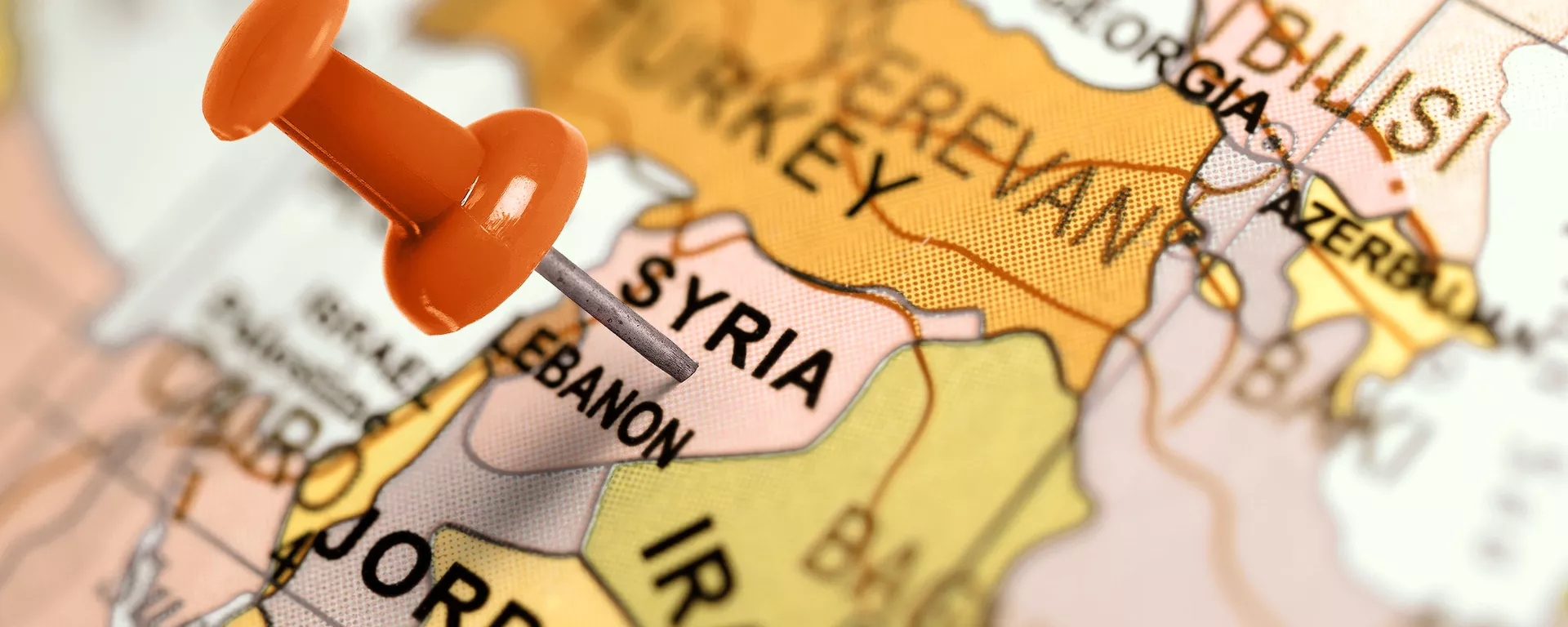

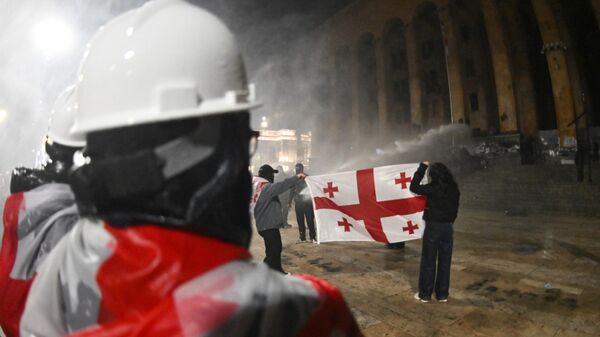
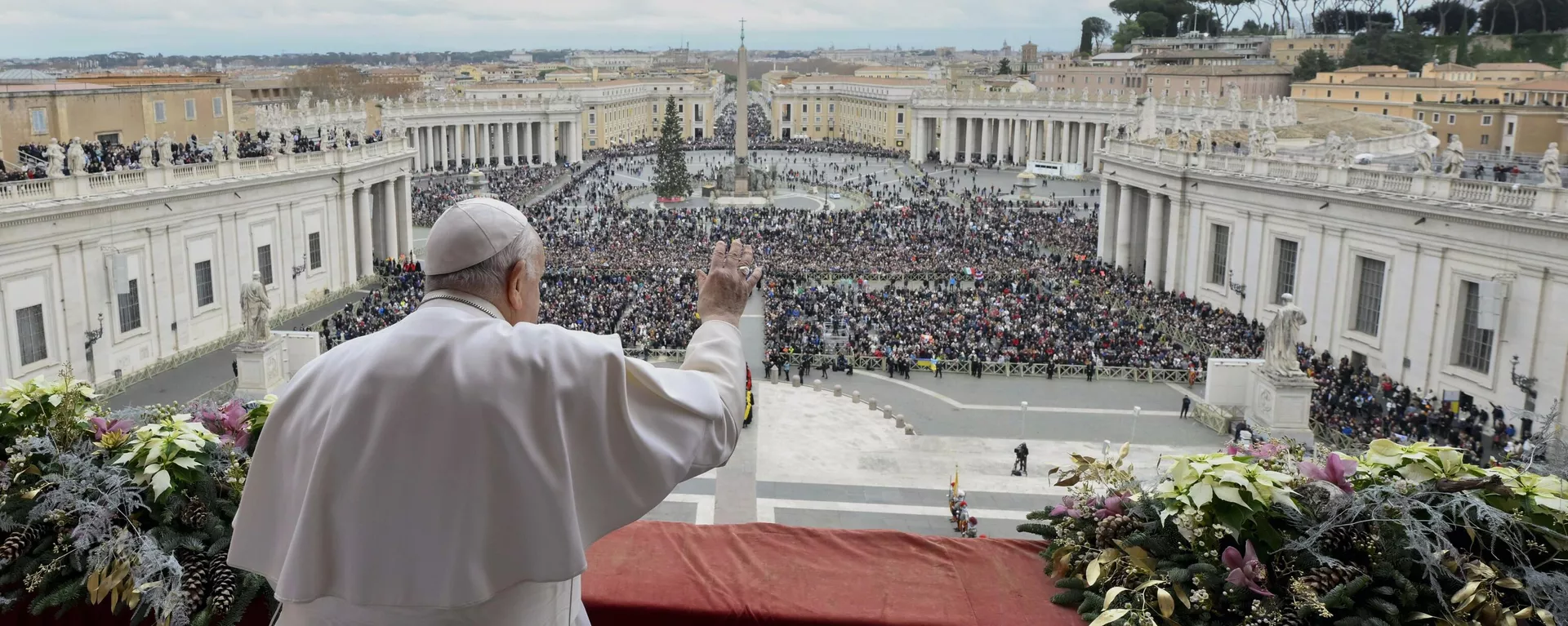
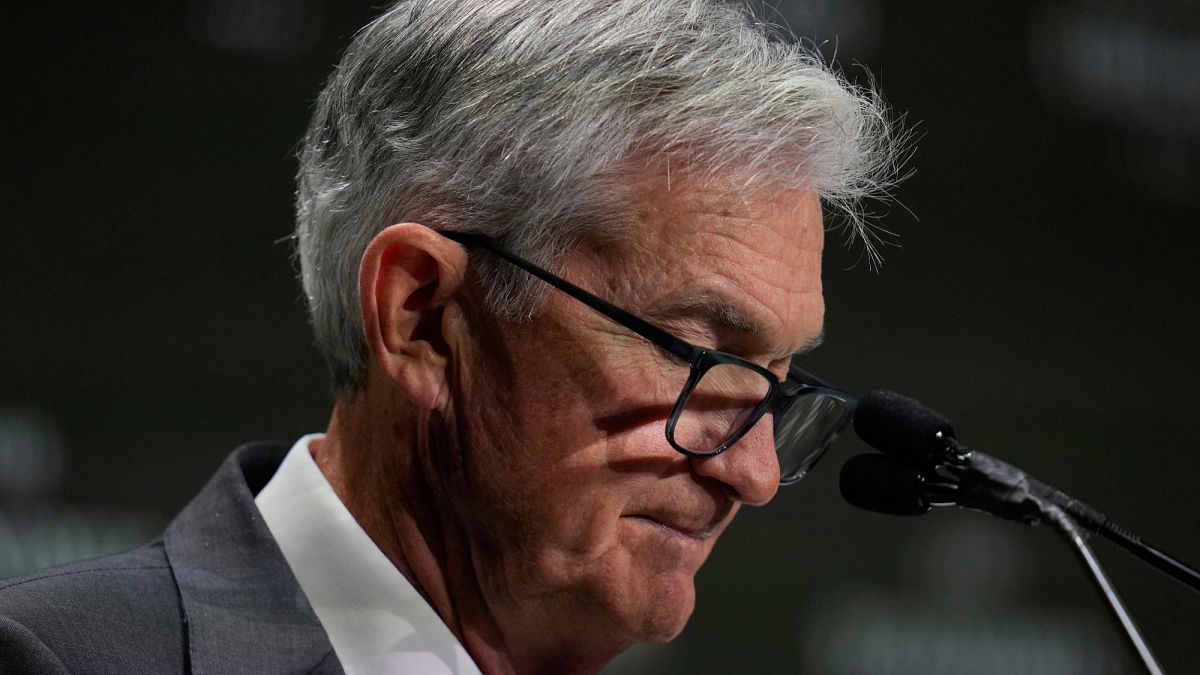
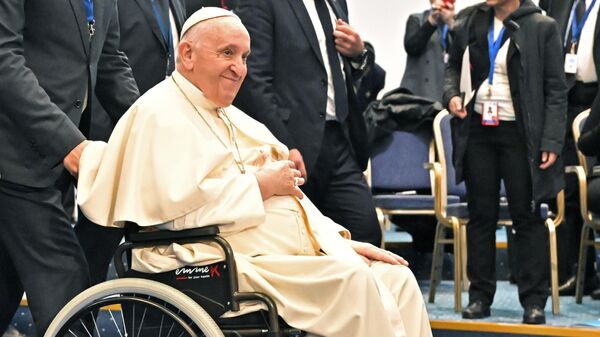
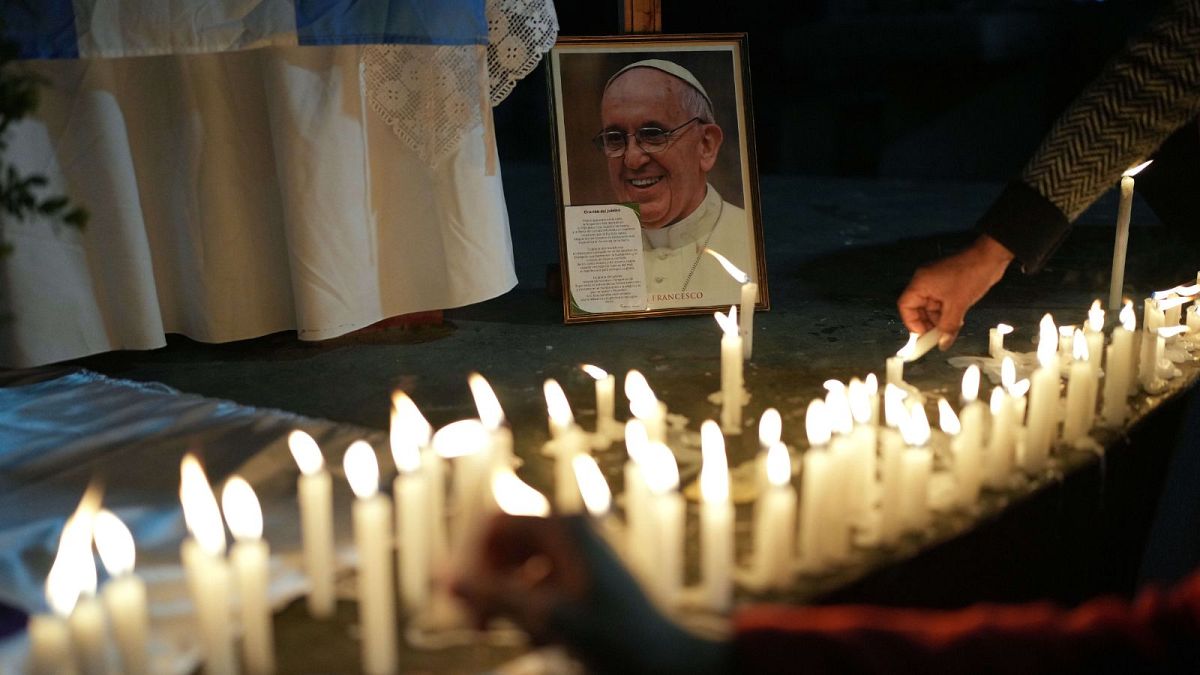
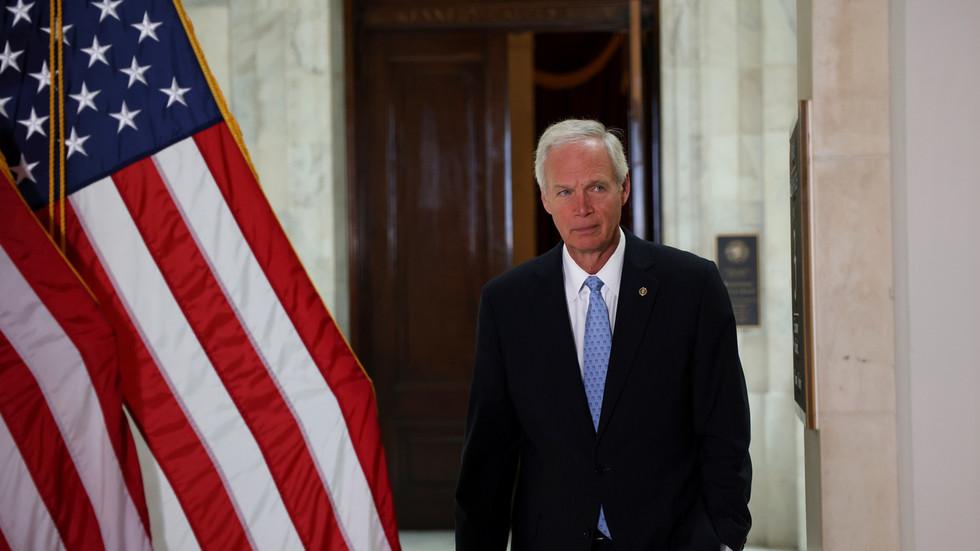
 We deliver critical software at unparalleled value and speed to help your business thrive
We deliver critical software at unparalleled value and speed to help your business thrive






 English (US) ·
English (US) ·